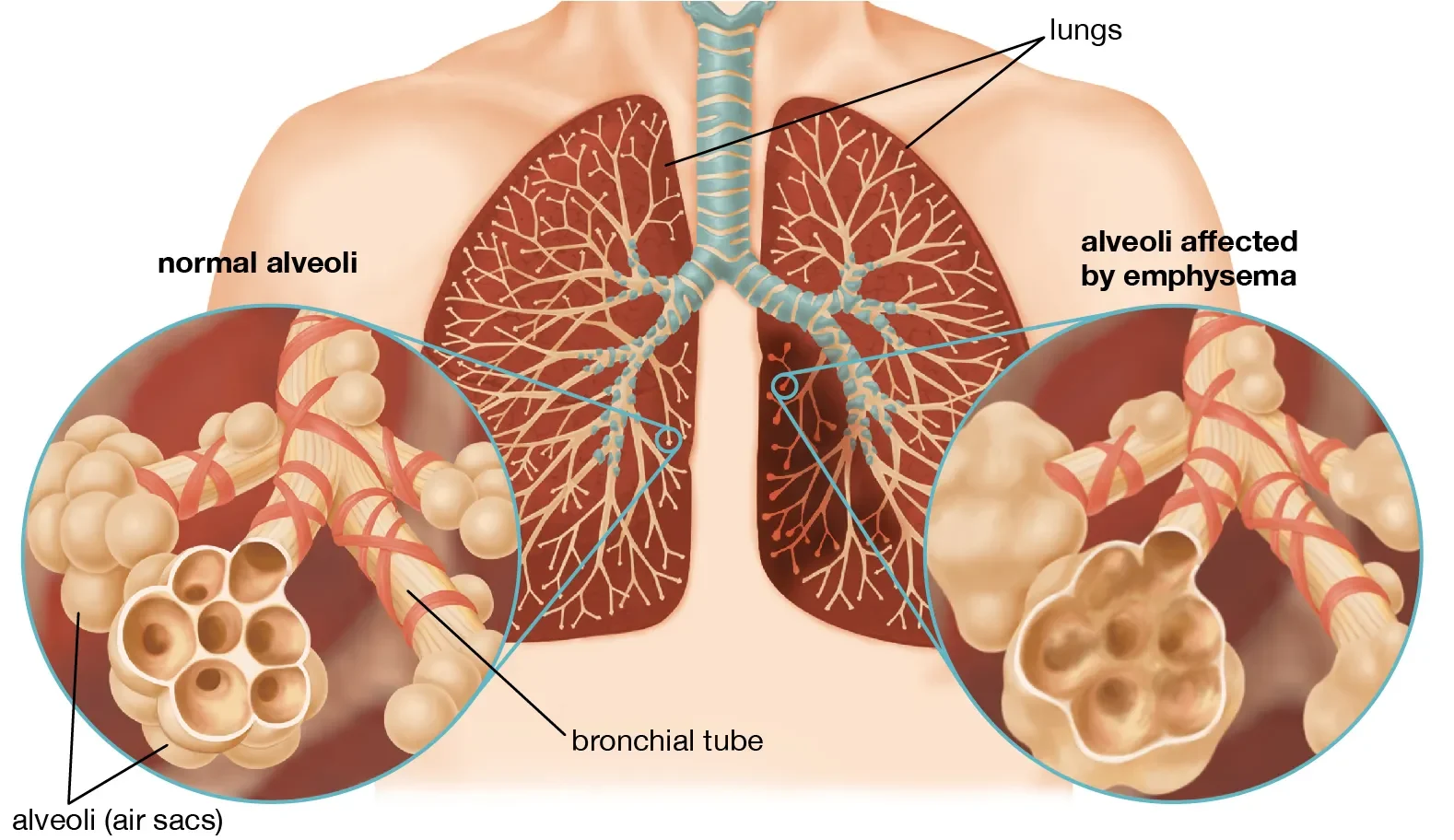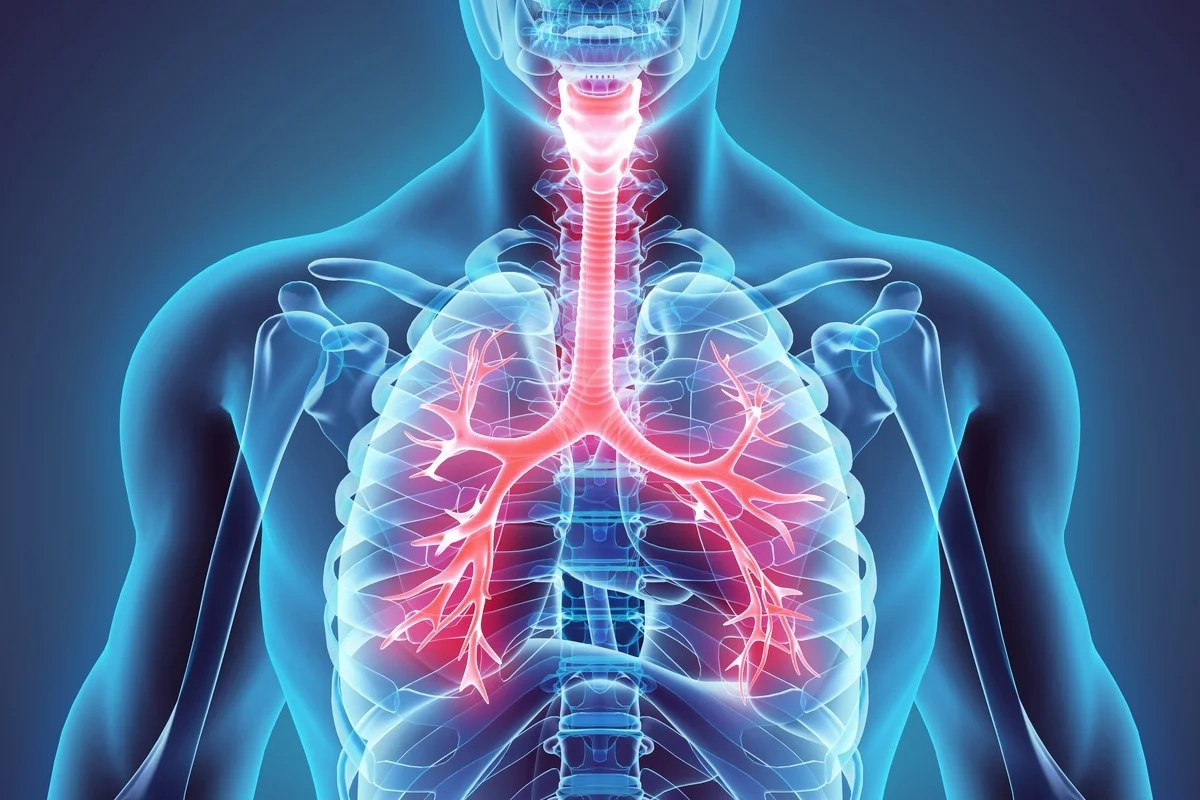Respiratory Disease – This course is designed to understand the care of pregnant women and newborn: antenatal, intra-natal and postnatal; breast feeding, family planning, newborn care and ethical issues, The aim of the course is to acquire knowledge and develop competencies regarding midwifery, complicated labour and newborn care including family planning.

Respiratory Disease
Dyspnea of Pregnancy:
Most pregnant women (up to 70%) complain of dyspnea. Progesterone levels are increased in pregnancy and progesterone stimulate the respiratory center, which may cause breathlessness. Despite this being a common complaint, it is important to evaluate the patient for pathologic causes of dyspnea.
Causes of shortness of breath during pregnancy:
1. It’s partially due to an increase in pregnancy hormones like progesterone, which stimulate brain to tell lungs that they need to take in more air.
2. In addition, the pressure from growing uterus on the diaphragm (especially in the third trimester) can leave feeling short of breath.
3. Other conditions, like anemia and asthma could cause shortness of breath, too.
4. Pain or Persistent Cough.
5. Pregnant women may become more sensitive to carbon dioxide levels in the blood.
Clinical features of shortness of breath during pregnancy:
As a midwife it can be recognized as
◆ Sudden or severe shortness of breath.
◆ Worsening asthma.
◆ Rapid pulse.
◆ A rapid or irregular heartbeat.
◆ A feeling that going to faint.
◆ Chest pain or pain when you breathe.
◆ Paleness.
◆ Blue-tinged lips, fingers, or tocs.
◆ A sense of apprehension that you’re not getting enough oxygen.
◆ A persistent cough, a cough along with fever or chills, or coughing up blood.
Management and prevention of shortness of breath during pregnancy:
1. Take things a bit more slowly and don’t push self too hard when being active.
2. Sit up straight and keep shoulders back (especially when sitting) to give lungs as much room as possible to expand.
3. Prop up a bit with a few extra pillows when pregnant women are in bed at night.
4. Sleep propped up on left side.

5. In case of daily activities and even continue exercising during pregnancy, don’t push yourself too hard.
6. Try to be patient. It’s no fun to be uncomfortably out of breath. But after giving birth, breathing will soon feel like it did before you were pregnant.
7. Establish good habit like
❖ Practice Good Posture
❖ Breathing Exercises
❖ Lift Up Arms
❖ Relax
❖ Take it Easy
❖ Stay Calm
❖ Eat a Healthy, Balanced Diet
❖ Exercise or Prenatal Yoga
